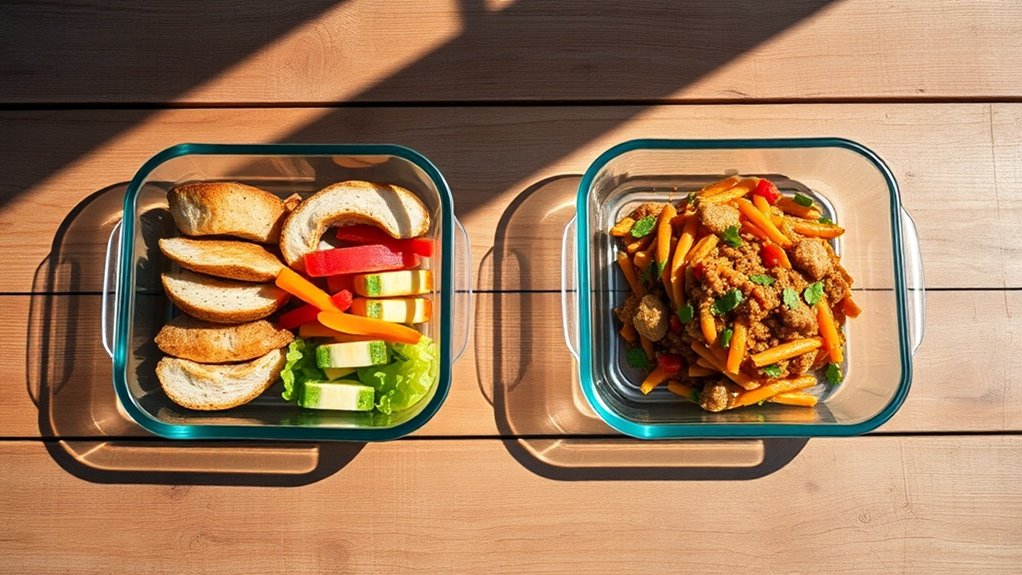The Little Trick That Keeps You From Giving Up
Have you ever wondered why some people persist through challenges while others throw in the towel? Research shows that your brain’s response to small achievements can make the difference between success and failure. When you track and celebrate minor wins, you trigger dopamine releases that reinforce positive behaviors and build resilience. Understanding this neurological connection reveals a practical strategy that can transform how you approach obstacles and maintain momentum toward your goals.
Why We Feel Like Quitting
When faced with challenging goals or difficult tasks, our brains instinctively try to protect us from potential failure by triggering what psychologists call the “withdrawal response.”
Research from the University of Rochester shows that this survival mechanism, which evolved to keep our ancestors safe from physical threats, now manifests as a strong urge to abandon pursuits that feel mentally or emotionally threatening.
Looking for stay on track tips becomes essential because you’re battling against your brain’s natural protective instincts, not just a lack of motivation or discipline. Incorporating mindful eating practices and strategies can help reinforce positive habits and improve your overall relationship with food during challenging times.
The Power of Small Daily Wins
Although the urge to quit can feel overwhelming, research from Harvard Business School reveals that tracking and celebrating small daily accomplishments drastically increases your chances of achieving larger goals.
When you document minor progress in a journal or app, you trigger dopamine releases that reinforce positive behaviors. This “progress principle” creates momentum, making you 76% more likely to persist through challenges. Moreover, embracing the journey helps you appreciate that every step you take contributes to your overall transformation.
Building Mental Toughness Through Micro-Habits
Building lasting mental toughness requires starting with manageable micro-habits rather than dramatic lifestyle changes. Research shows that implementing tiny, consistent behaviors – like a 1-minute meditation or five pushups daily – triggers neuroplastic changes in your brain’s willpower centers. Studies at Stanford University demonstrate that these micro-habits compound over time, strengthening your resilience and decision-making capabilities under stress. Additionally, adopting daily structured schedules is essential in prioritizing goals and maintaining consistency in these micro-habits.
Reframing Setbacks as Learning Opportunities
Despite their initial sting, setbacks hold tremendous value for developing resilience and mental fortitude. Research from Stanford University shows that individuals who view failures as opportunities for growth demonstrate 23% higher performance in subsequent challenges. You’ll strengthen your psychological resilience by analyzing what went wrong, extracting key lessons, and applying these insights to refine your approach moving forward. Embracing failure as a teacher enhances your ability to transform setbacks into valuable lessons.
Creating a Support System That Drives Success
When you surround yourself with the right support system, your chances of persisting through challenges increase dramatically. Research shows that accountability partners and mentors can increase goal achievement by up to 95%. Here’s how different types of support impact your success:
| Support Type | Impact on Success |
|---|---|
| Accountability Partners | 65% higher goal completion |
| Professional Mentors | 40% increased learning rate |
| Peer Networks | 3x faster skill acquisition |
Your support network acts as both a safety net and catalyst for sustained motivation through difficult periods. Additionally, embracing balanced eating habits can further enhance your resilience on this journey.





